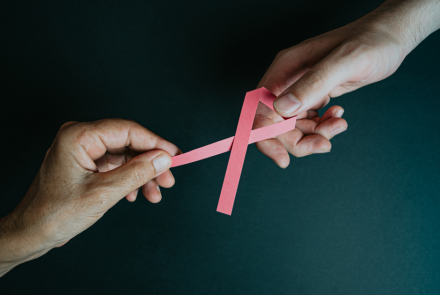As you enjoy being outdoors this summer, take some simple steps to prevent common health problems that often accompany the warm weather. Lyme disease, heat-related illness, sunburn, and leg swelling are common but avoidable, according to Dana Corriel, M.D., Director of Quality for Highland Medical, P.C., and board-certified internist at Pearl River Internal Medicine.
Lyme Disease
Ticks carrying Lyme disease are widespread in Rockland County, Dr. Corriel says. The best ways to prevent the disease are to avoid direct contact with ticks and to use bug repellent containing at least 20% DEET. “Avoid areas with thick shrubbery and high grass, where ticks reside,” she says. When hiking, walk in the center of trails.
When you return home from a tick-infested area, conduct a full-body check using a hand-held or full-length mirror. Check for ticks under the arms, in and around the ears, inside the belly button, behind the knees, between the legs, around the waist, and in hair. “These are places ticks love to burrow themselves in,” Dr. Corriel notes.
If you find a tick:
- Use tweezers with a good grasping end to remove the tick as close to the skin as possible. Wear gloves or use a tissue to protect your hands from the tick.
- Grabbing the tick near the skin, pull upward with a slow, steady motion. Avoid sudden jerking or twisting motions.
- Thoroughly disinfect the site of the tick bite, and wash your hands thoroughly.
- Dispose of the tick by submersing it in alcohol, placing it in a sealed bag or container, wrapping it tightly in tape or flushing it down the toilet. Don’t crush a tick with your fingers.
- If the bitten person shows signs of having the flu or a rash in the area around the bite, contact your healthcare provider.
Heat-Related Illness
When temperatures are high, the body may not be able to properly cool itself. Heat-related illness is most dangerous for older adults, very young children, and people with chronic diseases. Even young and healthy people can be affected if they participate in strenuous physical activity in the heat.
Drinking plenty of fluids will help you stay hydrated in the heat, and ward off heat-related illness. “Generally I recommend drinking about eight cups of water a day, but I tell patients to increase that amount when it’s hot, because you sweat and lose more fluid,” Dr. Corriel advises. When it’s hot outside, don’t wait until you’re thirsty to drink. Avoid very sugary or alcoholic drinks in the heat—they can cause you to lose more fluid.
Other ways to prevent heat-related illness include wearing loose, lightweight clothing and a hat; and avoiding the outdoors during the hottest part of the day, from 11 a.m. to 3 p.m.
Signs of heat-related illness include feeling dizzy, urinating less than normal, dry mouth, heart palpitations, and muscle cramps. “If you feel any of these signs, go back indoors where it’s cool,” Dr. Corriel says. “A cold shower or bath can help cool you down.”
If you are caring for someone with a heat-related illness, seek immediate medical attention if symptoms don’t improve or if the person still has a fever of 102 after 30 minutes of treatment; the person goes into shock, faints or has seizures; or stops breathing.
Sunburn
The best and most natural way for the body to get vitamin D—which absorbs calcium and promotes bone growth—is through the sun. But too much sun can damage the skin and increase the risk of skin cancer. To protect your skin from the sun, stay in the shade as much as possible, especially during midday hours. Wear a hat with a wide brim to shade your face, head, ears and neck, and wraparound sunglasses. Use sunscreen with a sun protection factor (SPF) of 15 or higher, which offers protection from both UVA and UVB rays.
Apply at least one ounce of sunscreen (about the amount you can hold in your palm) at least 20 minutes before sun exposure, and reapply at least every two hours, and each time you get out of the water or perspire heavily.
Leg Swelling
Leg swelling, or edema, is caused by the retention of fluid in leg tissues. People at risk include the elderly and those with severe chronic lung diseases or congestive heart failure. Pregnant women may also experience leg swelling. Edema can become much worse in the hot summer months.
“To avoid leg swelling, don’t stand or sit for long periods. When you do sit down, try and elevate your legs to allow gravity to pull fluid away from your lower extremities," Dr. Corriel advises. Soaking your legs in Epsom salts can also help. If the legs continue to swell, see your doctor.






